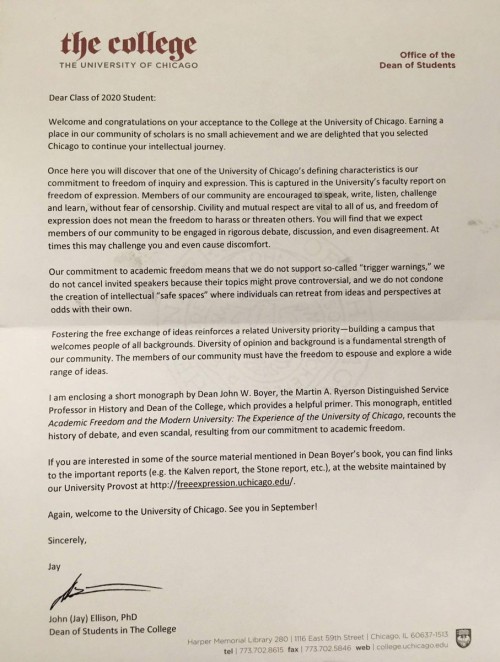Mondays are just fine. I’ve had a weekend to prepare, I’m rested, all I’ve got on my plate is one lecture. The other days of the week…labs, labs, labs, lectures, etc. By Thursday, I’m dragging and worn out, and my schedule is such that it’s a relatively light day, but because it’s light, everyone crams all their meetings into it. So I’m worn thin and I get a lot of administrative work thrown at me (I’d rather teach, really).
So now Thursday will be my official Worst Day of the Week. Especially Thursdays on which an administrative meeting is scheduled for 7-8:30pm. That’s just uncivilized.
I should take a nap, but I can’t, because I’ve got a meeting scheduled.







